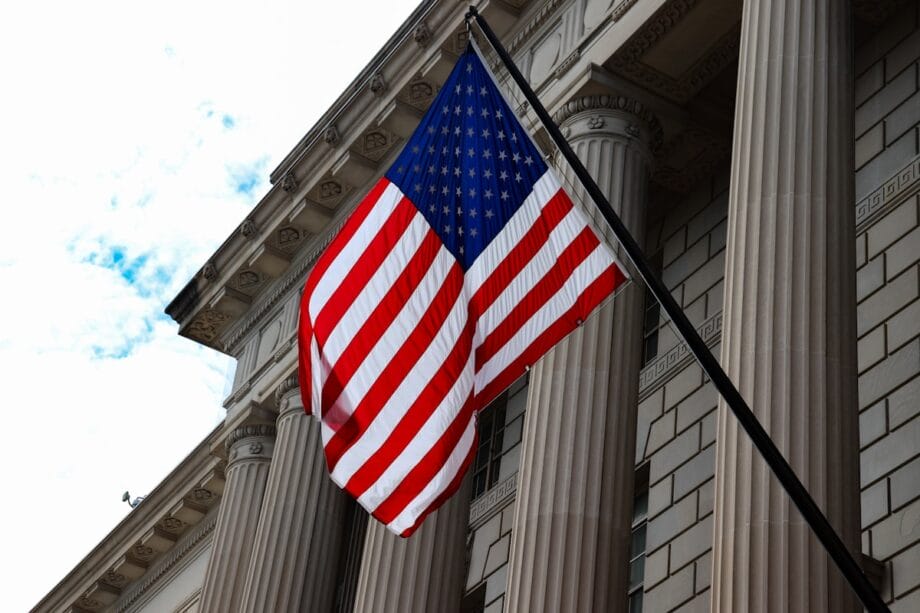H-1B Visa Program Under Investigation
For decades, the H-1B visa has served as a conduit for global talent aspiring to achieve the American dream. This visa enables highly skilled professionals in specialized sectors—such as technology, engineering, and healthcare—to contribute their expertise in the United States. Each year, a plethora of graduates submit applications, eager to transform their U.S. education into a lasting professional opportunity.
However, this pivotal bridge faces increased scrutiny. The U.S. Department of Labor (DOL) has instigated 175 investigations into potential abuses of the H-1B visa program, as highlighted by a Fox News report.
This initiative, termed Project Firewall, aims to mitigate wage violations, misleading job postings, and various forms of non-compliance that threaten both American and foreign workers.
These investigations have already exposed over $15 million in unpaid wages, revealing a troubling trend of underpayment and misrepresentation among certain employers utilizing the visa framework.
Insights from the Investigations
Federal investigators, according to Fox News, have identified numerous violations related to Labor Condition Applications (LCAs), including the submission of falsified or misleading documentation.
In some cases, companies indicated non-existent work locations, while others posted generic or duplicate job announcements, neglecting to adequately inform American workers of new opportunities.
The DOL also discovered instances where employers failed to promptly notify U.S. Citizenship and Immigration Services (USCIS) following the termination of H-1B employees, sometimes delaying such notifications for extended periods.
Additionally, there were occurrences of “benching,” where employees were unpaid during gaps between projects—a direct infraction of federal labor law.
Concerns Among Workers
For H-1B employees, these revelations illuminate the precariousness of their situations. Legal status in the United States hinges on sponsorship from their employers, making delayed payments or abrupt job losses a threat to both economic stability and immigration status.
The DOL asserts that Project Firewall is crafted to safeguard all workers—American and foreign alike—by holding employers accountable for wage and reporting discrepancies.
Nonetheless, for many employees, intensified enforcement translates to more audits and bureaucratic red tape, layering additional uncertainty onto an already complex system.
Implications for Indian Professionals and Students
Indian nationals constitute the largest demographic of H-1B visa holders, making these investigations particularly consequential for young professionals and graduates eager to cultivate careers in the U.S.
For students currently residing in America under F-1 or Optional Practical Training (OPT) visas, the ever-evolving landscape surrounding H-1B regulations serves as a reminder to thoroughly comprehend visa stipulations before signing any offer letters.
Familiarity with wage structures, job descriptions, and sponsorship commitments can prevent future disputes and compliance challenges.
While experts acknowledge that stricter oversight might appear stifling in the short term, it could ultimately foster greater transparency, equitable compensation, and enhanced protections for skilled workers hailing from India and other nations.
Evolving Landscape of Regulations

These investigations coincide with broader reform efforts. The U.S. government has instituted new filing fees and documentation prerequisites for H-1B petitions, underscoring a firmer stance against companies suspected of system exploitation.
Employers are now compelled to uphold wage integrity and consistent reporting. For prospective workers, the H-1B pathway—once viewed as an uncomplicated gateway to global careers—may soon entail more rigorous checks, albeit with the promise of a more equitable environment.
Essential Knowledge for Workers
- Examine your LCA: Utilize the DOL’s public database to review your employer’s Labor Condition Application.
- Continuous Payment Obligation: H-1B regulations mandate that employers compensate employees even during inactive intervals between projects.
- Employer Responsibilities: Companies must notify USCIS immediately upon terminating your employment.
- Inquire Before Signing: Clarify specifics regarding wages, work locations, and sponsorship terms during the hiring process.
Future Considerations
As federal investigations proceed, they possess the potential to reshape how companies approach high-skilled hiring, along with the manner in which foreign professionals navigate their career trajectories in the United States.
For countless Indian students and professionals, the imperative remains clear: understanding your rights is not merely wise—it is essential for cultivating a stable and equitable career abroad.
Source link: Timesofindia.indiatimes.com.






